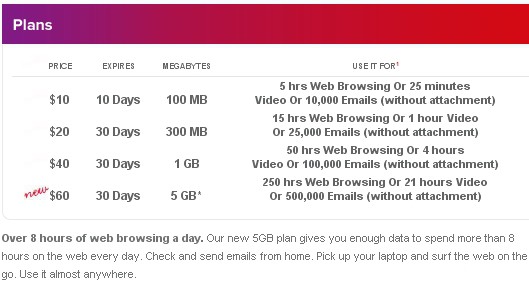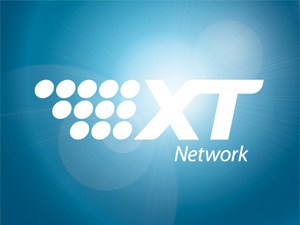 Cricket, the mobile provider best known for its urban and youth-targeted commercials, Tuesday launched nationwide “talk and text” service through a new roaming agreement with Sprint and others that delivers unlimited calling for $30 a month.
Cricket, the mobile provider best known for its urban and youth-targeted commercials, Tuesday launched nationwide “talk and text” service through a new roaming agreement with Sprint and others that delivers unlimited calling for $30 a month.
That’s $10 a month cheaper than any other prepaid nationwide unlimited plan currently available in the United States. Competitors MetroPCS, which owns its own network charges $40 a month for unlimited service, and TracFone Wireless’ Straight Talk, which uses Verizon Wireless’ network, costs $45 a month.
The other players in the prepaid market will have to match Cricket or face the consequences.
However, Cricket’s new calling plan and extended roaming service agreements do not include mobile broadband coverage. Cricket provides that service through its own CDMA network providing a mix of 1X and 3G coverage, primarily in its home markets.
Cricket’s “talk and text” expansion means more than 125 U.S. cities can now sign up for Cricket service. Most of those cities will actually depend on Sprint’s cell towers to place and receive calls. Cricket subscribers also benefit from the expanded roaming capabilities the company now offers, although customers should verify coverage carefully before signing up. Using a designated “roaming area” will set you back 25 cents per minute.
For customers choosing service plans of $40 or more, Cricket now offers unlimited international long distance calling to landlines in select cities and towns in more than 100 countries (including unlimited calls to landlines in Mexico) and unlimited text messages to Mexico for an additional $15 a month.
“We believe our nationwide coverage and enhanced service plan structure represents the highest value offer in the wireless marketplace,” said Al Moschner, executive vice president and chief operating officer for Cricket. “Cricket continues to deliver greater value by providing a diversified portfolio of products and payment options and now offers and supports those products everywhere our customers live, work and travel. Each of these new service plans positions the Cricket brand as the wireless leader in the unlimited, no-contract segment of the wireless industry.”
Existing Cricket customers need to contact customer service to switch rate plans if they wish to take advantage of “nationwide talk and text coverage.” For most customers, there is no change in rates — just a change in their plan designation.
All new rate plans include nationwide talk coverage. Changes to previous rate plans are noted below:
| Previously Included | Now Also Includes | |
| $30 Basic Plan | Unlimited Local Talk | Unlimited Long Distance Nationwide Talk Coverage |
| $40 More Plan | Unlimited Local Talk Unlimited Long Distance Unlimited Text & Picture Messaging Unlimited Mexico Text Caller-ID Call-Waiting Three-way Calling Voicemail |
Unlimited Video Messaging Unlimited Mobile Web Unlimited 411 Call-Forwarding Nationwide Talk & Text Coverage |
| $50 All Plan | Above Features + Unlimited Mobile Web Unlimited 411 Unlimited Email Int’l Text Call-Forwarding Data Backup 30 Nationwide Roaming Minutes |
Unlimited Video Messaging Cricket Navigation Nationwide Talk & Text Coverage |
| $60 Premium Plan | Above Features + 200 Nationwide Roaming Minutes |
Unlimited Video Messaging Mobile Video Cricket Navigation 100 Nationwide Roaming Minutes Nationwide Talk & Text Coverage |


 Subscribe
Subscribe




